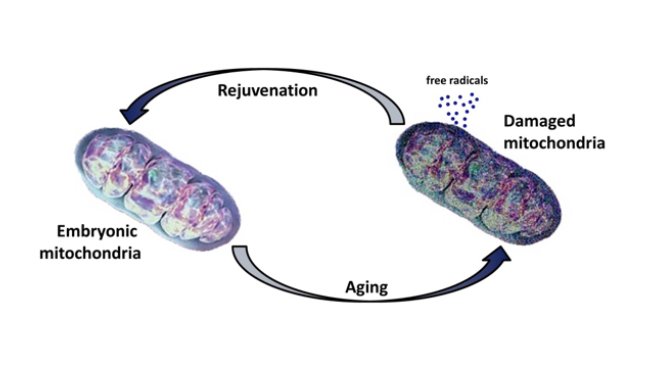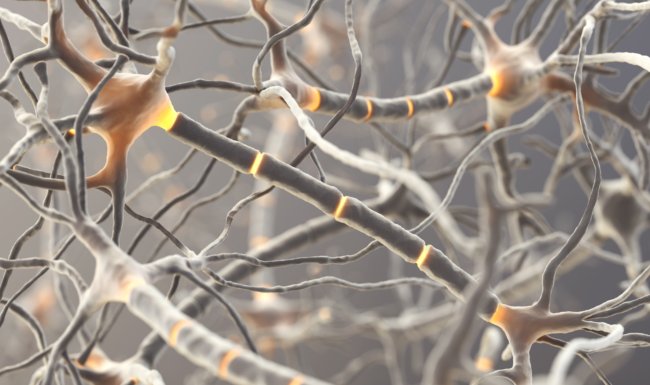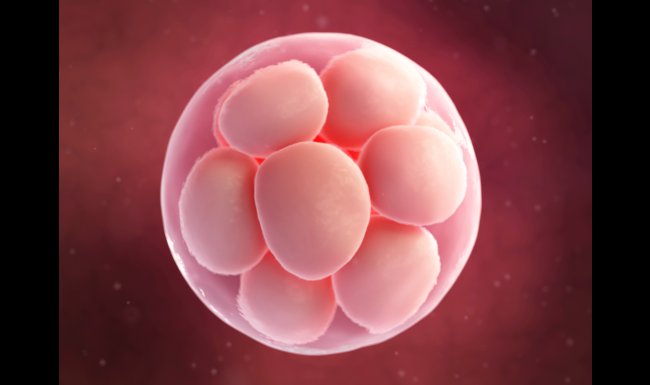
ips cells
A Fail-Safe Suicide Switch For iPSC Cancer Therapy
By introducing the suicide gene iCaspase-9 into induced pluripotent stem cells, scientists are now able to prevent the formation of tumors should the cells go rogue.
7 Must-Read Stories In August 2015
In our August 2015 roundup, read all about the latest in CRISPR and cell reprogramming, parasitic wasps and how to found a medical school.
Targeting Mitochondria To Boost Reprogramming
The efficiency of cellular reprogramming gets a boost from an unexpected source: the mitochondria.
A Chemical Cocktail For Cell Reprogramming
Researchers have discovered a new chemical way to generate neurons from fibroblasts, paving a way for personalized medicine and cell replacement therapy.
A Hope For Hemophilia Patients
For the first time, chromosomal defects responsible for hemophilia have been corrected in patient-specific iPSCs using CRISPR-Cas9 nucleases.
Human iPSC Used To Treat Kidney Injury In Mice
A public-private partnership between CiRA and Astellas has yielded the finding that iPSC could be used to treat acute kidney injury.
CiRA & Takeda Undertake US$267 Million iPS Collaboration
The ten-year research collaboration to be hosted at Takeda's Shonan Research Center will focus on developing clinical applications for iPS cells.
Snipping Out HIV
Someday, editing our genome could be as simple as cut-and-paste, writes Tang Yew Chung.
How Many Times Can Cells Be Re-Programmed?
Induced pluripotent stem cells can be used to generate up to six generations of mice but accumulate harmful mutations over time.













